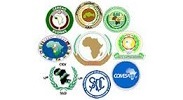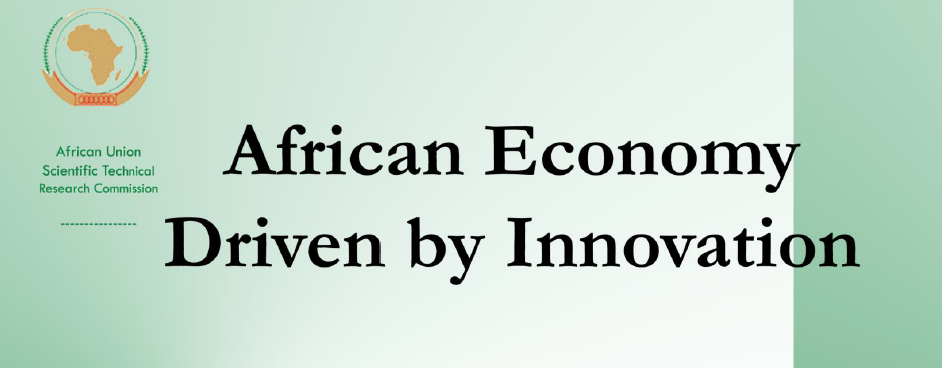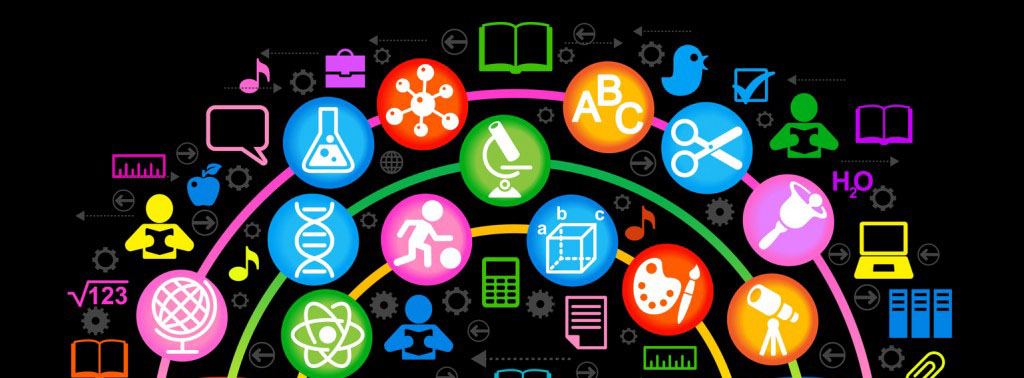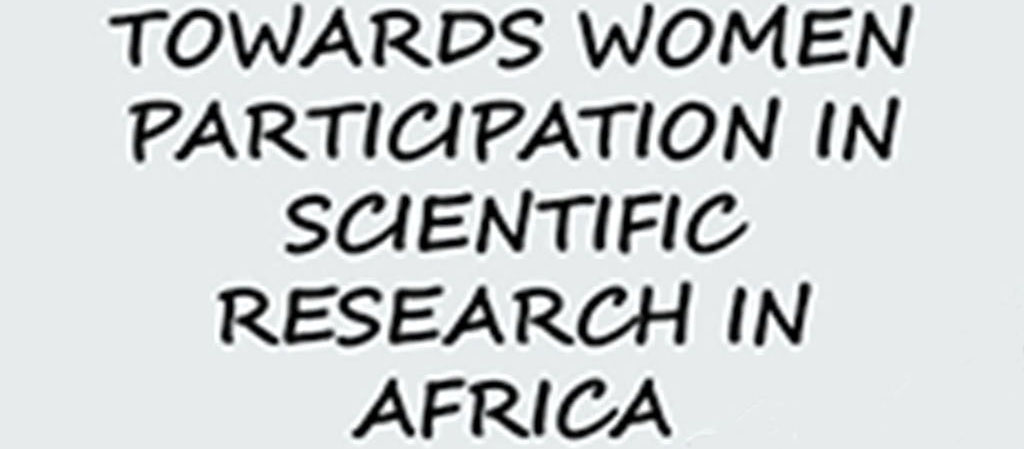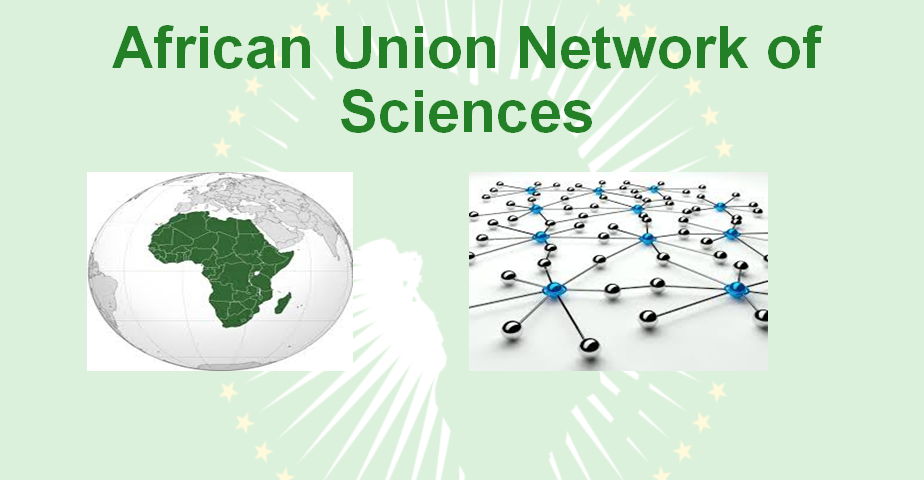African Union Network of Sciences
The African Union network of Sciences is a virtual network that involves a wide range of individuals working together to address the African science and technology development challenges. It is a platform where African Scientists, Engineers, Technology Developers, Innovators and Inventors will be able to interact, cooperate, exchange information/knowledge and complement one another in research and academic work. It is also an innovative way to enhance brain circulation and bridge the African based Scientists and those in the Diaspora to address Africa’s Challenges. Africa has shown a growing determination to integrate its Diaspora where the African Union (AU) has formally recognized the African Diaspora as a key player in the development agenda of the continent. In 2003, the AU amended its Charter so as to “… encourage the full participation of the African Diaspora as an important part of the continent in an effort to stem brain drain. Several solutions were offered and tabled but none seems to be working well because of the multifaceted problems that need to be tackled holistically.

The STRC developed a study on the existing networks within Africa and in the Diaspora, the study revealed the existences of a large number of Societies in the continent and also at the regional level. According to Tebeje , to date, 41 virtual networks in 30 different countries have been identified. Six of these are African, including the South African Network of Skills Abroad (SANSA) with members in 68 countries. It was also found that most of the existing networks and societies are established by individuals or by a cluster of national societies in the AU Member States with the support of international organizations. The study shows also that a large number of these societies have a limited number of membership and only few respond actively to their mandates. It is well acknowledged that the small scale of African scientific output is as a result of lack of adequate research infrastructure: laboratories, data processing centers, bio-banks, willingness to share facilities, and other brick-and-mortar facilities needed for research are major constraint. A survey on Africa’s cooperation on HIV/AIDS research work shows that only five percent of the articles are produced in collaboration between two or more African countries despite they are most hit by the epidemic





